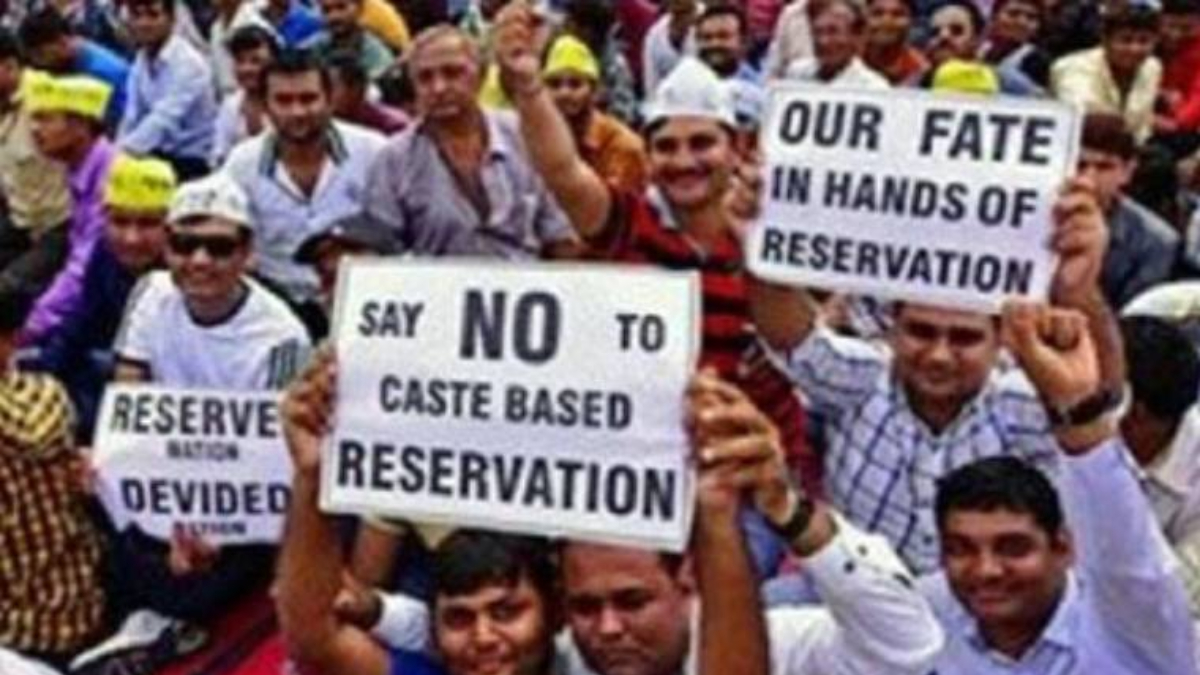Two recent incidents at India’s prestigious higher educational institutions reveal a dismal reality: regarding caste harassment and sexual repression. Not only have we failed to make progress in recent years, but it appears that we are regressing. The authorities running these institutions are complicit in this regression, and these cases illustrate the deep-rooted issues we still face.
A few weeks ago, a state-appointed committee in Karnataka investigated the caste harassment of a Dalit faculty member at the Indian Institute of Management, Bangalore (IIMB). The committee found that the Director, along with seven senior professors, were responsible for the systematic harassment of the Dalit associate professor. According to the professor’s complaint, his caste was deliberately revealed and publicized, which led to denied opportunities and constant mental harassment. In response, the institute denied the allegations against its leadership and claimed that it had supported the Dalit professor throughout his tenure. The authorities went as far as to assert that complaints from students about the Dalit professor had prompted them to act. The matter has now reached the Karnataka High Court, which has stayed the FIR against the Director and others until further notice.
This incident at a prestigious institution is a stark reminder of the entrenched caste-based perceptions that continue to plague our higher education system. Three key aspects stand out in this case. First, the Dalit faculty member’s belief that revealing his caste would lead to prejudice from senior professors and students highlights how pervasive caste discrimination remains. Would an upper-caste faculty member or student ever worry about revealing their caste? Of course not—many, in fact, take pride in their caste identity.
Second, even though the institute denied the allegations, it made a point to mention that an esteemed academic from the SC category, who was a member of the internal inquiry committee regarding complaints about the Dalit professor, found the complaints justified. Why should it matter who was on the committee if the complaints were genuine? The authorities seemed to think that mentioning the SC professor’s involvement somehow added credibility to their findings against the Dalit faculty member. This underscores the insidious nature of caste bias—where even a credible individual from the marginalized group is used to validate discriminatory actions.
Third, the fact that the Head and senior professors of such a prestigious institution could be accused of caste discrimination is a glaring indication that, despite all the rhetoric about social equality, the constitutional vision of social justice for all citizens, regardless of caste and religion, is still a distant dream.
The second incident occurred at another prominent institution: the Indian Institute of Technology, Bombay (IITB). During IITB’s annual festival, Mood Indigo, an advertisement advocating the use of condoms in a playful manner was swiftly removed after a few students complained that it did not “align with the values and dignity that IIT Bombay stands for.” The administration, eager to take swift action, instructed the company to retract the “provocative display.” This incident, though seemingly trivial, speaks volumes about the conservative attitudes regarding sex and sexual health on campuses.
Students at IITB, like those in similar institutions, are in the age group of 18-25. They are young adults, dealing with the complexities of sexual identity, curiosity, and relationships. Yet, despite this reality, institutions remain silent on the subject, leaving students to navigate their sexual lives without guidance. Experts have long advocated for institutionalized sex education to equip students with the knowledge of informed consent, sexual health, and respectful relationships. The UGC regulations also mandate that institutions have dedicated cells to handle sexual harassment cases. But instead of fostering open dialogue, IITB’s administration chose to shut down an innocent banner advocating safe sex, reinforcing the notion that sex is immoral or inappropriate in the context of education.
This decision does not eliminate sex from the campus. How could it? With thousands of young, desiring individuals in a residential setting, sexual activity will inevitably occur. What such actions do, however, is push these relationships underground. They create an environment where sexual experiences are messy, ill-informed, and clouded by confusion and shame. This only exacerbates the problem, reinforcing the idea that sex outside marriage is inherently immoral.
These incidents at some of India’s most prestigious institutions—located in liberal cities like Bangalore and Mumbai—are troubling. They demonstrate that, despite the advancements made in other areas, caste and sex continue to be dealt with in regressive and harmful ways. If this is the reality in our top-tier institutions, it is no surprise that caste and sexual harassment issues in less prestigious institutions, especially in rural and remote areas, are dealt with in even more bizarre and cruel ways.
Vrijendra taught in a Mumbai college for more than 30 years and has been associated with democratic rights groups in the city
